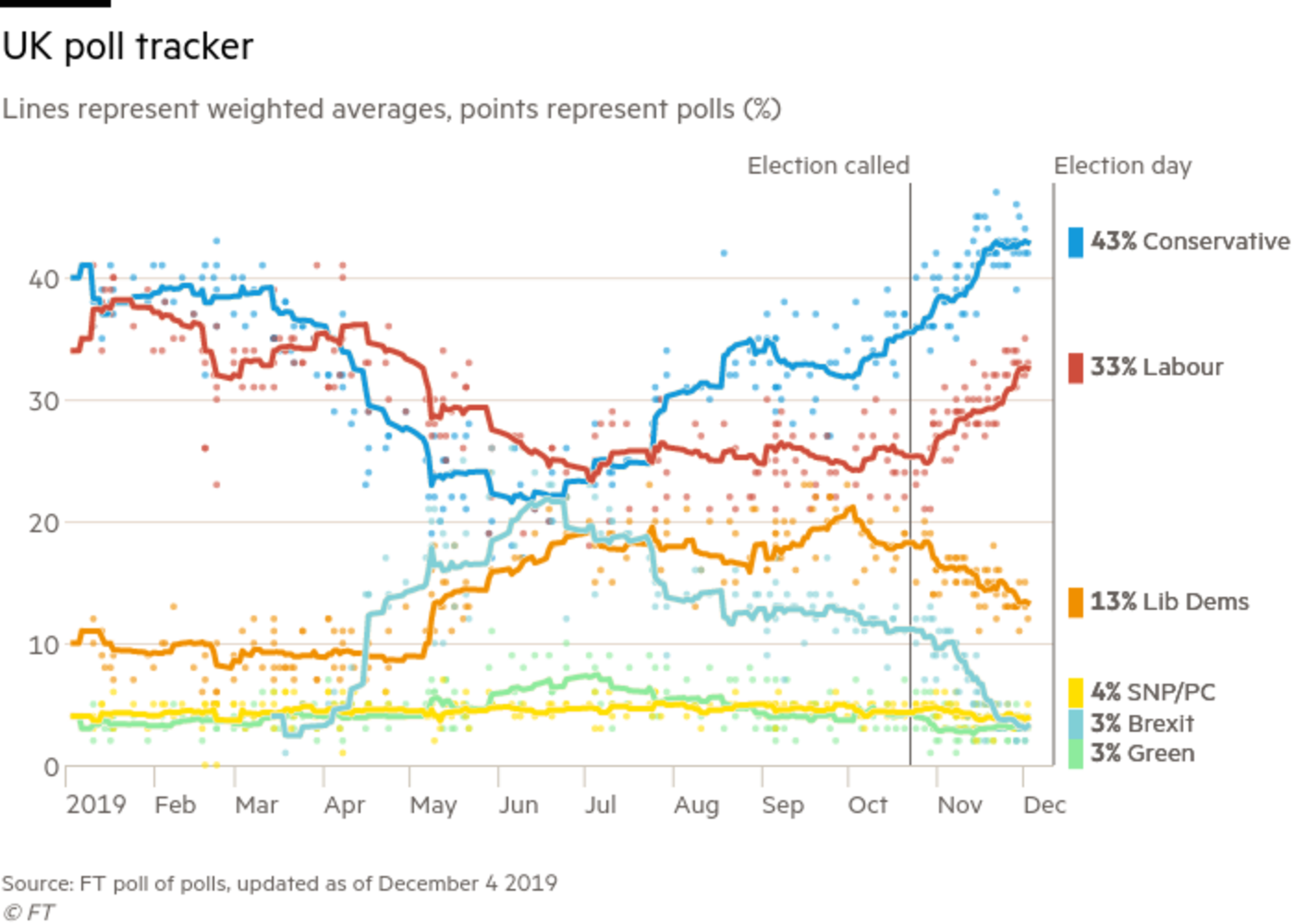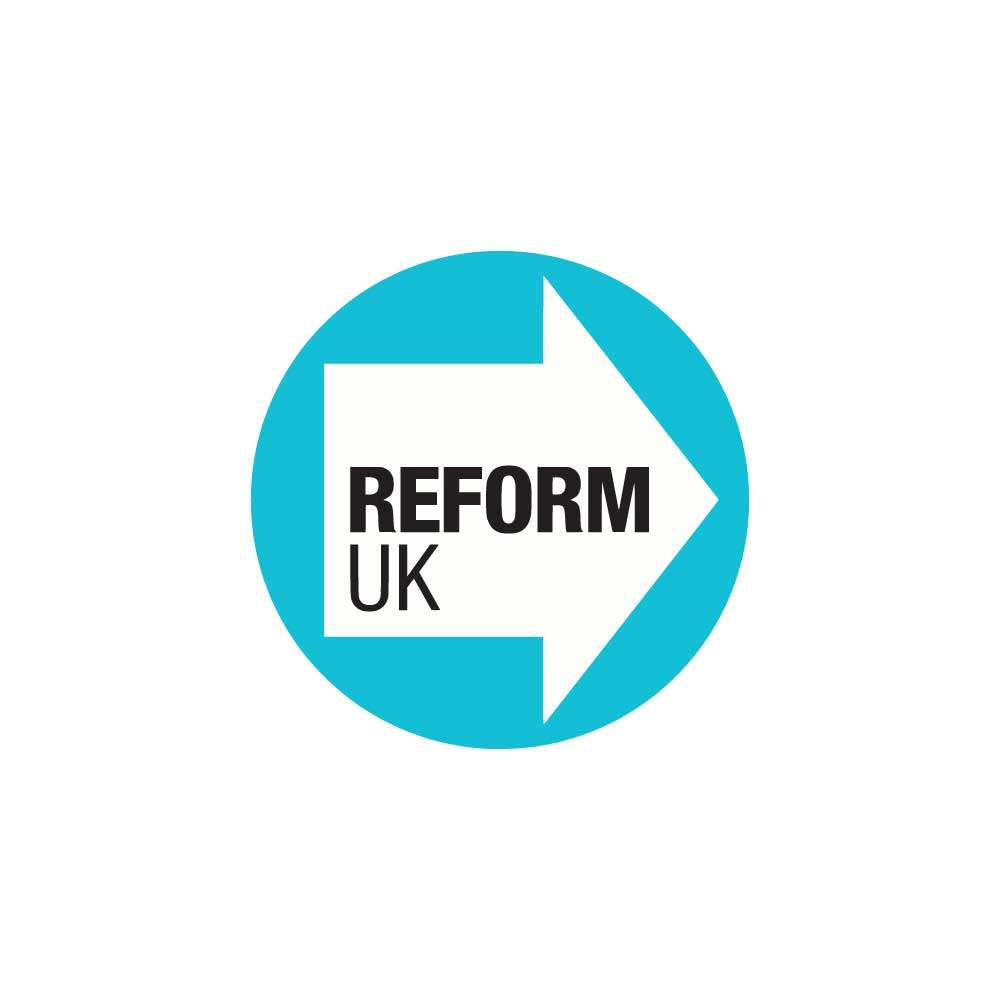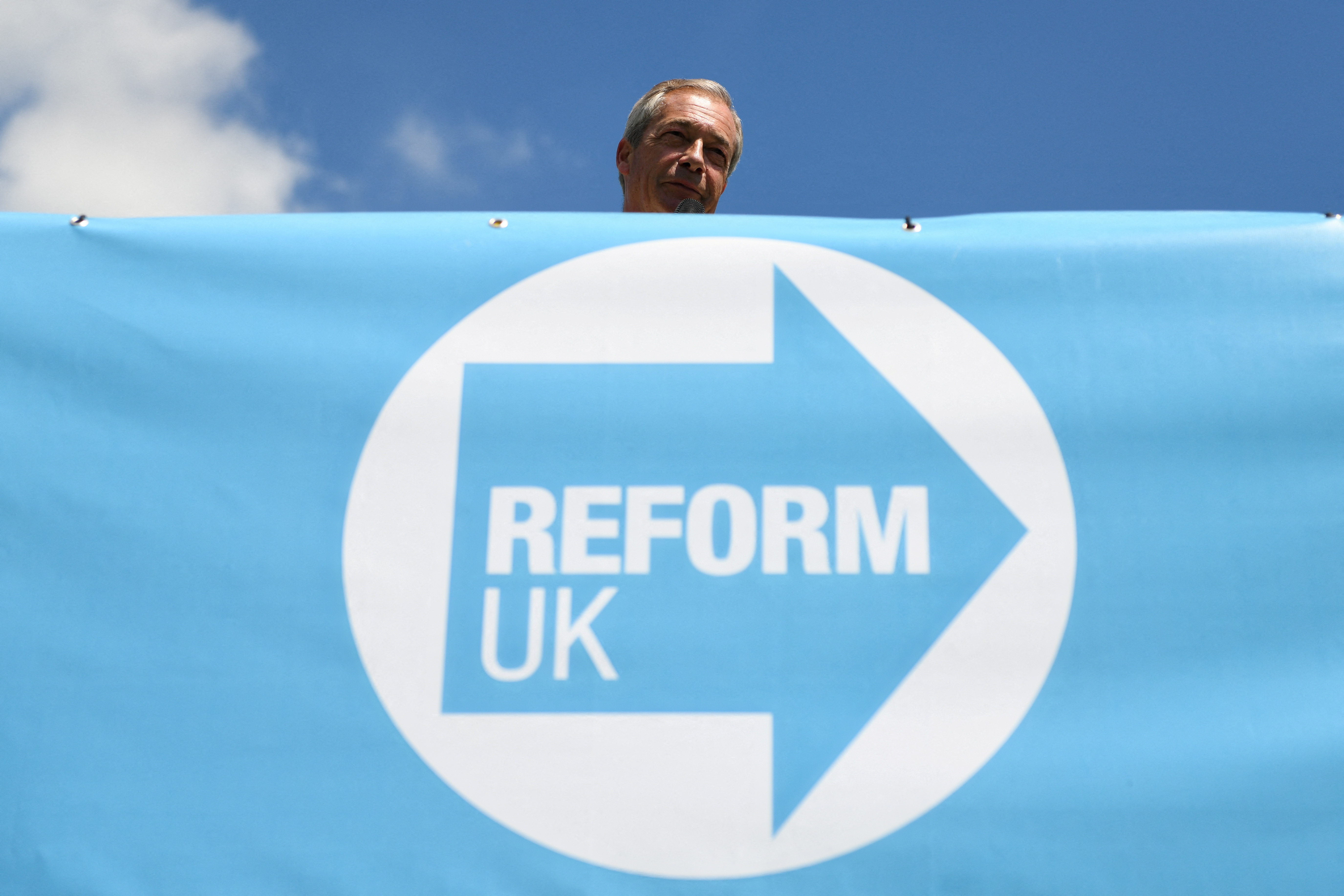Reliable Poll Data: A Key Element Of A Fair Election

Table of Contents
The Importance of Accurate Polling in Predicting Election Outcomes
Accurate pre-election polls are invaluable tools in predicting election outcomes and reducing uncertainty. They offer a snapshot of public opinion, allowing us to understand voter preferences and potential swing states. This information is crucial for various stakeholders:
- Political Campaigns: Accurate polls provide insights into voter preferences, enabling campaigns to allocate resources effectively, target specific demographics, and refine their messaging.
- Media Outlets: Reliable polling data allows for more informed and nuanced media coverage, providing the public with a clearer picture of the election landscape. This contributes to a more robust public discourse.
- Voters: Access to credible polls empowers voters with knowledge, allowing them to make more informed decisions during the election.
However, it's crucial to acknowledge the limitations of polls. No poll is perfectly accurate; they always include a margin of error. Understanding this margin is key to interpreting the results correctly. Factors like sample size and methodology significantly influence poll accuracy.
Identifying Potential Issues and Ensuring Data Integrity
While polls offer valuable insights, potential biases can compromise their accuracy and integrity. It's crucial to be aware of these biases:
- Sampling Bias: Polls might underrepresent certain demographics (e.g., specific age groups, ethnicities, or socioeconomic classes), leading to skewed results. A representative sample is vital for accurate results.
- Question Wording Bias: The way questions are phrased can influence responses. Leading questions or biased wording can significantly affect the outcome.
- Non-Response Bias: Certain groups may be less likely to participate in polls, leading to an incomplete picture of public opinion. This bias can skew results and make them unreliable.
Transparency is paramount. Reliable polls openly share their methodologies, sample sizes, and data sources, allowing for independent scrutiny. To identify reliable polls, look for those employing robust sampling techniques, large sample sizes, and clear explanations of their methodologies. Factors like the pollster's reputation and past accuracy also contribute to assessing poll accuracy.
The Role of Reliable Poll Data in Post-Election Analysis
Reliable poll data is not only crucial before an election but also afterward. Post-election analysis using reliable data, including exit polls and post-election surveys, is essential for:
- Assessing Pre-Election Poll Accuracy: Comparing pre-election predictions with actual results helps assess the accuracy of different polling methodologies and identify areas for improvement.
- Analyzing Voter Turnout and Demographics: Post-election data allows for a detailed analysis of voter turnout patterns across different demographics, revealing trends and influencing future election strategies.
- Identifying Key Factors Influencing Voting Patterns: By analyzing voter data, researchers and analysts can identify key factors that influenced voting decisions, contributing to a deeper understanding of electoral behavior.
This post-election analysis plays a crucial role in improving future polling accuracy and refining methodologies.
The Impact of Unreliable Poll Data on Public Trust and Election Integrity
Inaccurate or manipulated poll data can have serious negative consequences:
- Erosion of Public Trust: When polls consistently misrepresent public opinion, it erodes public trust in both the electoral process and the media that reports on it.
- Spread of Misinformation and Disinformation: Unreliable polls can contribute to the spread of misinformation and disinformation, further undermining public trust and confidence in democratic institutions.
- Voter Suppression or Manipulation: Manipulated polls can be used to discourage voting or influence voter behavior, potentially undermining the fairness and integrity of the election.
Media literacy is crucial in combating this. Learning to critically evaluate poll data, understanding its limitations, and identifying reputable sources are essential skills for informed citizenship. This includes scrutinizing the pollster's methodology, sample size, and potential biases.
Conclusion
Reliable poll data is an indispensable element of a fair and credible election. Its accuracy, integrity, and appropriate use are essential for informed public discourse, effective campaign strategies, and a functioning democracy. By understanding the importance of reliable poll data and critically evaluating the information presented, we can all contribute to a more informed and trustworthy election process. Seek out reputable sources for accurate election polls and learn to assess the reliability of poll data to become a more informed citizen.

Featured Posts
-
 U S Army Drone Program A Massive Expansion
May 03, 2025
U S Army Drone Program A Massive Expansion
May 03, 2025 -
 A Bitter Dispute Within Reform Uk Understanding The Fallout
May 03, 2025
A Bitter Dispute Within Reform Uk Understanding The Fallout
May 03, 2025 -
 Recent Conflict In Reform Uk A Detailed Look
May 03, 2025
Recent Conflict In Reform Uk A Detailed Look
May 03, 2025 -
 Increased Chinese Naval Activity Off Sydney Coast What Does It Mean For Australia
May 03, 2025
Increased Chinese Naval Activity Off Sydney Coast What Does It Mean For Australia
May 03, 2025 -
 Winter Weather Delays Trash Collection And Friday School Schedule Updates
May 03, 2025
Winter Weather Delays Trash Collection And Friday School Schedule Updates
May 03, 2025
